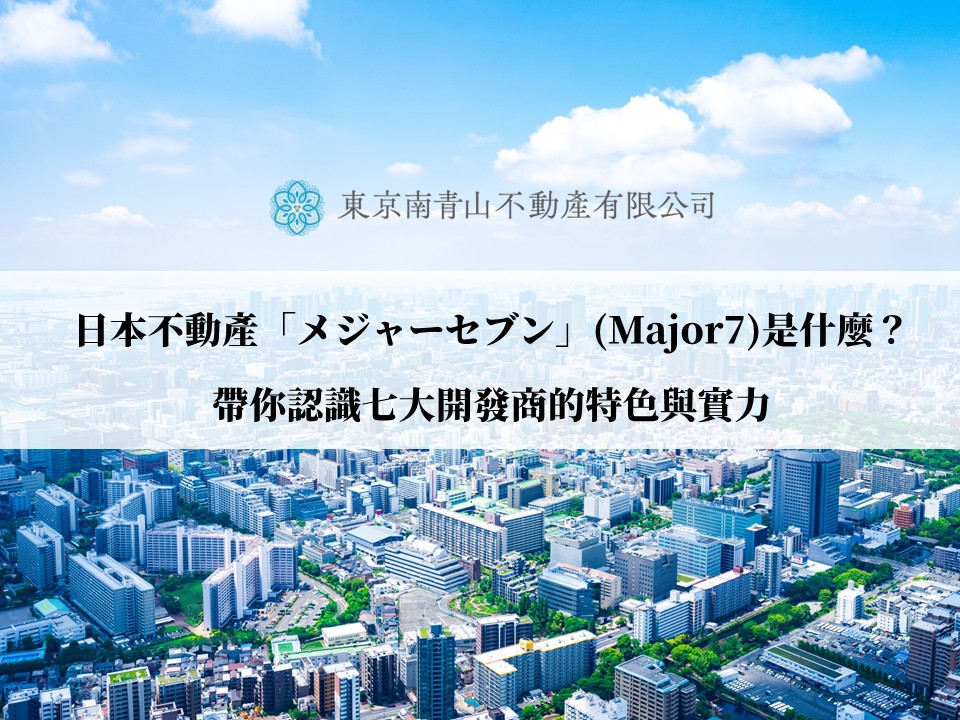Following the announcement of the “Reiwa 7 Tax Revision Outline” by the ruling party on the 20th, leaders from various real estate industry organizations shared their comments.
Mr. Junichi Yoshida, Chairman of the Real Estate Association of Japan (Public Corporation),
Mr. Hisashi Sakamoto, Chairman of the National Federation of Real Estate Brokers Associations (Public Corporation),
Mr. Hiromasa Nakamura, Chairman of the All Japan Real Estate Association (Public Corporation),
Mr. Yoichi Ota, Chairman of the Real Estate Distribution Management Association (FRK),
Mr. Masanobu Komoda, Chairman of the Association for Real Estate Securitization (ARES),
Mr. Keiji Kimura, Chairman of the Japan Building Association (General Incorporated Association)
Mr. Junichi Yoshida, Chairman of the Real Estate Association of Japan:
In the “Reiwa 7 Tax Revision Outline” finalized today, the extension of key measures—such as the increased borrowing limits for housing loan tax deductions for child-rearing households—was approved for another year. Amid a challenging environment for home acquisition, especially for families with children, due to rising housing and living costs, these measures aim to ease the financial burden, offer hope to younger generations, and stimulate housing investment, which has a strong economic ripple effect.
We also welcome the continuation of essential tax provisions that support urban development, housing, and land policies, including special property tax treatments for urban redevelopment, registration and license tax exemptions for J-REITs, and real estate acquisition tax relief.
We extend our sincere gratitude to all those involved in making this possible.
Moving forward, our association remains committed to contributing to Japan’s economic and social development through the creation of vibrant cities and enriched living environments.
Mr. Hisashi Sakamoto, Chairman of the National Federation of Real Estate Brokers Associations (Zen Housing Federation):
With rising prices, increasing construction material costs, and nationwide land price hikes, combined with the Bank of Japan’s shift in monetary policy, it has become increasingly difficult for individuals to purchase homes.
Regarding housing loan deductions, our association had requested an extension of special measures—such as increased borrowing limits based on environmental performance and relaxed floor area requirements (down to 40 square meters)—which were originally set to expire at the end of Reiwa 6.
Despite the coalition government becoming a minority following the October general election for the House of Representatives, and the need to coordinate tax policy with other parties, we commend the implementation of tax measures that support homeownership for child-rearing households.
Looking ahead to the Reiwa 8 tax reform, which will reset the mortgage deduction system, we recognize the challenges posed by rising material costs, land prices, and interest rates. We aim to meet the expectations of homebuyers by advocating for an ideal mortgage tax framework.
Additionally, we will push for the extension of the ¥1 million special deduction for low-use land—an initiative our association strongly supported—and promote various tax measures to address the issue of vacant homes.
While leveraging the outcomes of the latest tax reforms, the Association will continue its efforts to revitalize real estate transactions—particularly in the existing housing market, including measures to address vacant homes.
Mr. Hiromasa Nakamura, Chairman of the All Japan Real Estate Association, commented that political judgment played a key role in the decision to extend the application deadlines for special tax provisions supporting child-rearing households, including housing loan deductions and renovation tax incentives for existing homes. These measures, often referred to as “maru politics,” are now expected to be extended for another year. He expressed relief that the special tax measures long requested by the Association will continue to be applied.
With growing expectations that the Bank of Japan may further raise interest rates, such tax incentives are increasingly important in maintaining consumer motivation to purchase homes in a higher interest rate environment.
The Association is also preparing to participate in the upcoming Osaka-Kansai Expo, opening in April next year, where it will release a research report titled “Mirai REBORN Smile Vision.” This report will outline the role real estate professionals should play in promoting well-being through housing and community development. Mr. Nakamura expressed his gratitude to the government and ruling parties for their efforts in compiling the tax reform charter amid a complex political landscape.
Mr. Yoichi Ota, Chairman of the Real Estate Distribution Management Association (FRK), noted that the current tax reform outline includes an extension of the special measure to expand borrowing limits for housing loan deductions for child-rearing households—originally introduced as a one-year policy initiative. The tax incentive for housing renovations aimed at families with children has also been extended.
He emphasized that these measures are expected not only to improve housing quality but also to encourage home acquisition and relocation aligned with the evolving lifestyles and life stages of younger generations, including Generation Z and families raising children.
To promote a robust housing circulation system where newly built and existing homes complement each other and contribute to a vibrant housing market, the Association will continue to advocate for tax measures—such as floor space requirements—that ensure equal treatment of new and existing properties under the tax code.
Mr. Masanobu Komoda, Chairman of the Association for Real Estate Securitization (ARES), emphasized the important role real estate investment has played in Japan’s economic growth and job creation. By offering domestic and international investors access to high-quality real estate, and by facilitating the flow of capital between real estate and finance, the industry has contributed significantly to urban and regional revitalization.
In the Reiwa 7 Tax Revision Outline, the Association’s request to extend the reduction of registration and real estate acquisition taxes for investment corporations, special purpose companies, and related entities was approved. Amid ongoing global uncertainty and persistently high prices, this measure is highly commendable. It is expected to invigorate Japan’s real estate investment market, stimulate domestic demand, and enhance urban functionality and regional development through the strategic use of private capital.
Mr. Komoda expressed his deep appreciation to all those involved in making this possible.
The Association will continue to act with a strong sense of mission, contributing to the realization of a growth-oriented economy through the sound development of the real estate market.
Mr. Keiji Kimura, Chairman of the Federation of Japan Building Associations (JFBA), also welcomed the extension of special tax measures requested by the JFBA, including those related to urban redevelopment and real estate securitization, as outlined in the Reiwa 7 Tax Revision.
In response to this tax reform, the JFBA reaffirms its commitment to supporting Japan’s economic growth and global competitiveness by providing high-quality office environments and promoting both urban and regional revitalization.
Reprinted from: Real Estate Distribution Research Institute Co., Ltd. "R.E.port"
・ The copyright of the document belongs to the Real Estate Distribution Research Institute, Inc., which is the source of the document.
・ Please note that even if the user suffers any damage when using the service, Minami Aoyama Real Estate and Real Estate Distribution Research Institute Co., Ltd. will not be liable for any civil liability.
・The content of the news may be revised. For the latest information, please check the original article of Real Estate Distribution Research Institute Co., Ltd.








